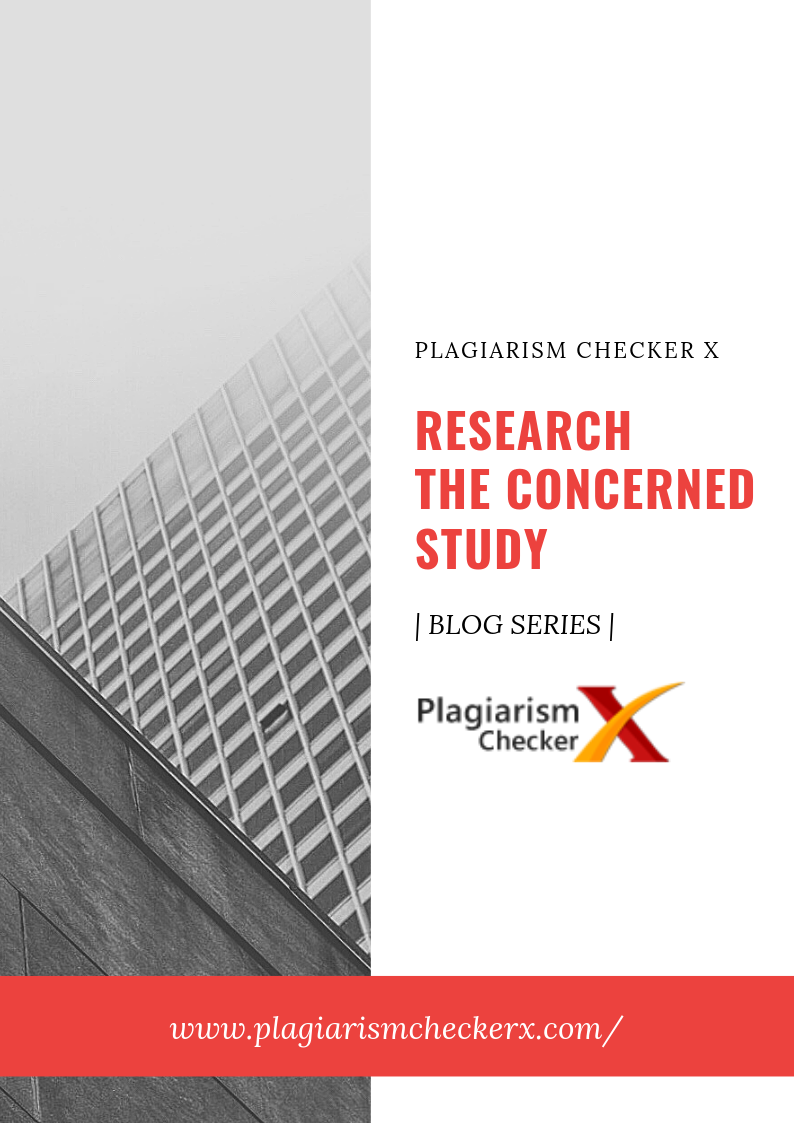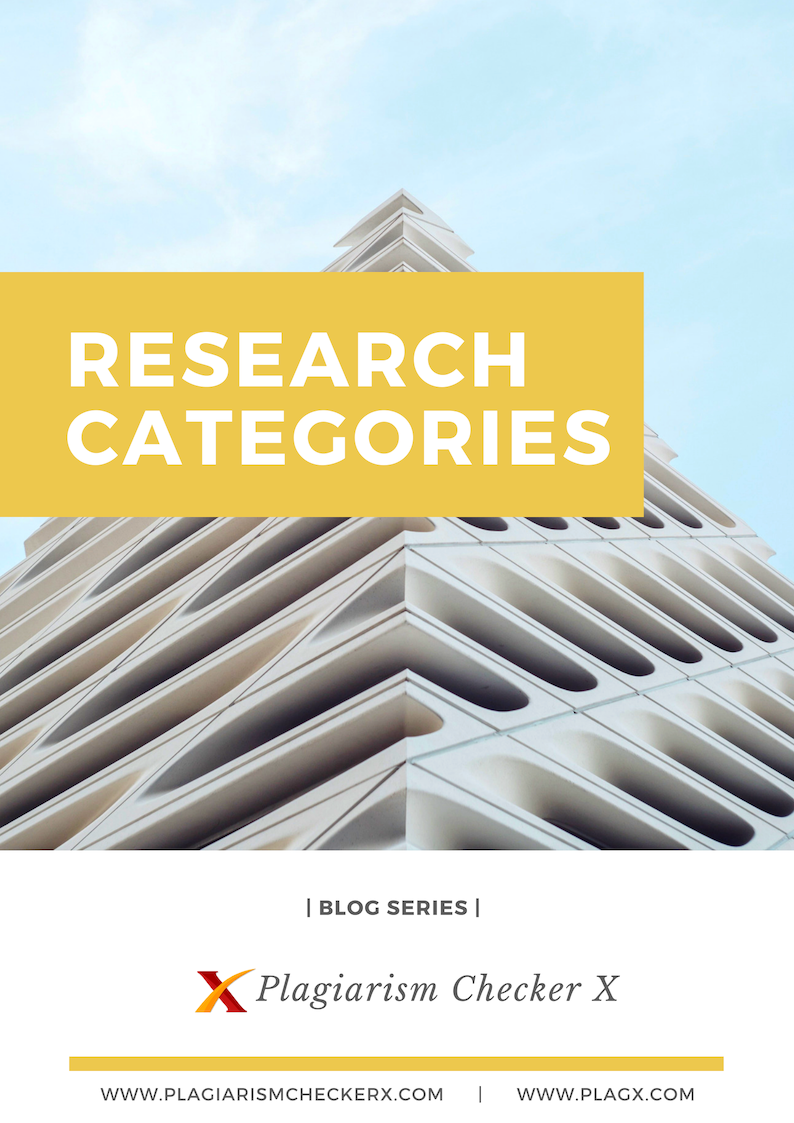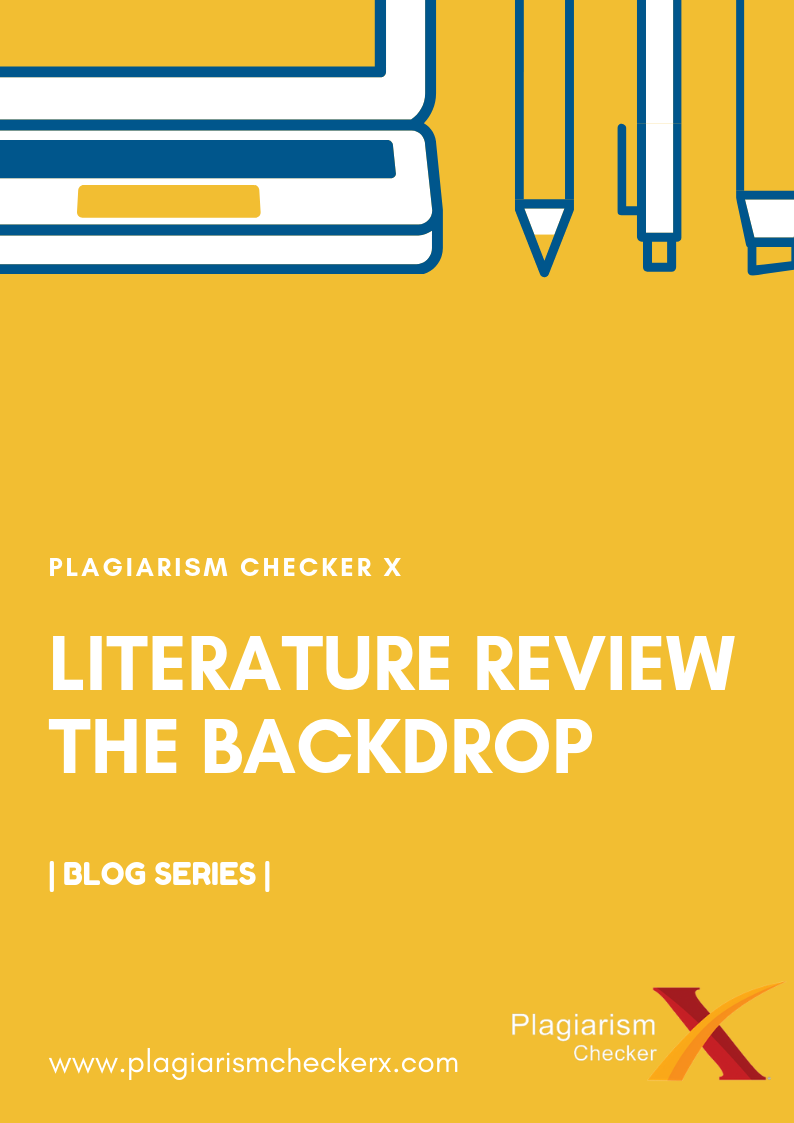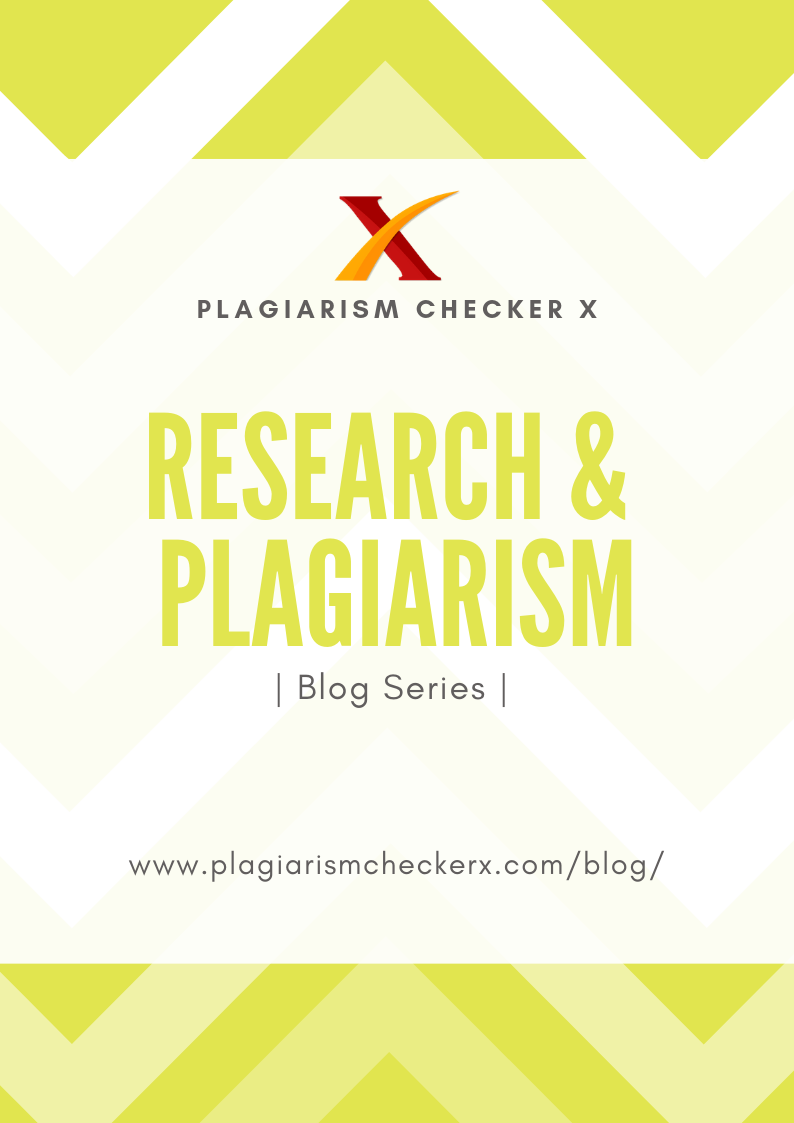
Students at first may come to college and university feeling overwhelmed. Who wouldn’t when you are suddenly expected to do academic writing and academic research. Student writing before college tends to be different. That is because the requirements of high schools are different to those in college. What can be helpful for students in this journey is to know the research definition, the different research types, the importance of research in the context of plagiarism and other things as well. This piece should set you up on your way to a great student life experience with being well versed on academic research in student writing.
Research is conducted on various fields to gather information. The purpose of research is to obtain detailed information on a particular topic or field. It has two approaches, one is inductive and the second is deductive. Inductive approach is based on the information of an individual person and observation .The deductive approach is based on general assumption. Research is classified into different categories as well and the most important is qualitative and quantitative. We’ll cover these in detail later.
A broad definition of research is given by “Godwin Colibao”
“In the broadest sense of the word, the definition of research includes any gathering of data, information and facts for the advancement of knowledge”.

If we look at it in more depth and in a different light, it is a careful and explained study of concerned issues and specific problems, using the scientific way and the scientific research methods. In academic research and academic writing, you try and learn something by using an experiment, measurements, as well as focused and structured investigations depending on the field of study. For instance, a science student would use experiments with specific measurements for a chemistry research report or a physics research paper and a social sciences student would conduct a structured investigation of journal articles on a niche topic.
Research is an accurate and comprehensive study towards different problems, affairs, or issues while applying the scientific method. It’s the more developed form of the science projects back in elementary school that we all did where we’d try to prepare something by achieving an experiment. This tells us that the core concept in research is investigation and getting to the bottom of something. In other words, research aims to fully and thoroughly understand the subject and question at hand.
At the start up point of research, you should have a problem or concerning issue that has turned into a question or a research prompt that needs to be addressed and resolved. From there starts the investigative process of observing the world, profession, literature like peer reviewed journals to form an analysis.

Let’s start with the different categories of research. These are the following forms of research
Original research:
Original research is that research which is not completely established on a summary, analysis of another or constructed from an earlier printing of written or visual material that was done by someone else. This is also known as primary research where the researcher conducts the experiments, tests and data collection themselves instead of relying on the work already published by another researcher.
Scientific research:
Scientific research is an efficient action of collecting data and understanding concerns that relate to the specific field of sciences. The research method and techniques involved and the niche process of doing it would be different as well. Especially when compared to other fields like the social sciences or humanities.
Research in the humanities:
Research in the humanities connects with diverse methods such as hermeneutics, semiotics and many more. Qualitative methods and secondary research techniques are very common in the humanities as well where descriptive information is used to develop an analysis alongside using the primary research of others is employed to develop an argument.
Research can be conducted by qualitative and quantitative research methods. Qualitative research uses descriptive forms of data and quantitative research uses data that can be quantified for the purpose of its analysis and argument construction. All types of research can be started from problems and issues such as cancer or HIV, work ethic, molecular analysis, nuclear technology and more. From that then the pursuit of understanding and fixing the issues starts and that process always requires thorough research to find the solution.
We know that research is the act of searching and collecting data to get a detailed study about any specific topic. In literature reviews specifically, which form a core component of any research. It contains a group of tasks in which first we specify our topic for research, after that we analyze that topic and gather information or review the views of other people about that topic through literature review.

Literature review is the most important part of research in which we gather the information about our research topic, usually the articles and research publications of others about that topic and identify the research gap of that topic. Research gap is that missing area in the current state of research in between what has already been done in this topic and what more needs to be done to fill the dearth of information and analyses These research gaps are used by researchers as prompts for their thesis or as the starting grounds for entire big scale research projects.
After all this process we develop a hypothesis (a phenomena/assumption that we make about our topic) and then with the help of research we get to know whether our assumption about that topic was right and wrong. For this purpose, we can use the questionnaire, interview or any other primary source of data collection.
First, we should clear up and understand plagiarism because knowing what is plagiarism is the first step to avoiding plagiarism in student writing and academic research.

“Plagiarism is to steal the other person’s information and ideas and show them as your own work”.
The simple plagiarism meaning is “cheating” because we steal another person’s point of view. In plagiarism the words of someone else are used without the consent of that person who wrote the information. Most of the people are engaged in doing plagiarism in their work and quite often it can be accidental plagiarism or unintentional plagiarism as well. One of the reasons people plagiarize their research is because they like the ideas and information of other people and write it in their articles without the citation. People do plagiarism on different levels and a lot happens on the research levels where hard earned data of another researcher may be stolen with no sign of credit given to them via a citation.
It is natural and normal to rely on the data of other researchers. This is especially true when doing secondary research but whenever any external information is used it is mandatory to include academic citations that credit the original author of the source. We can avoid plagiarism if we cite the phrases, quotes, and paraphrased text that is sourced from other publications.
You can also avoid plagiarism when you detect plagiarism in your research work through a plagiarism detector. If you want to find out how much duplicate content is present in your content. There is a great solution to that with Plagiarism Checker X’s research plagiarism checker. Once you know through the highlighted originality reports, editing and making the necessary changes for corrections become a piece of cake. –
April 1, 2021 By Fredrick Adams
January 12, 2021 By Fredrick Adams
January 11, 2021 By Fredrick Adams